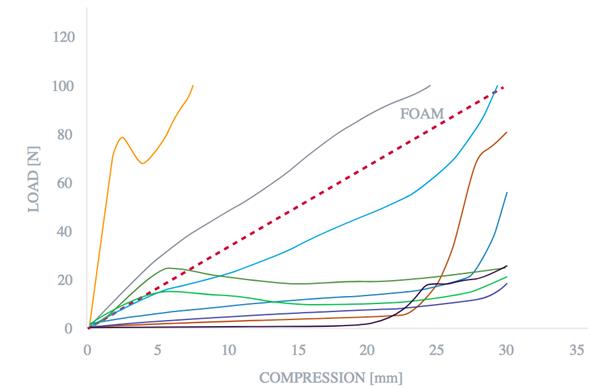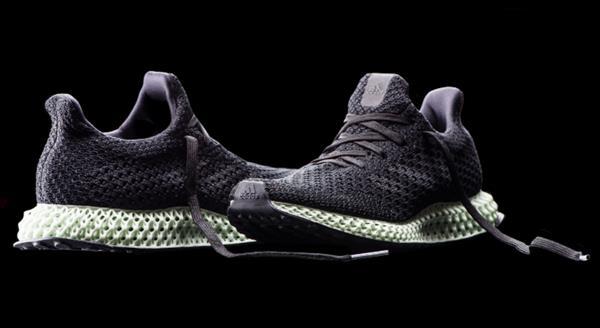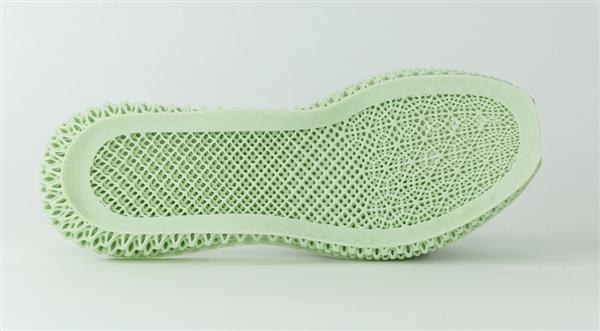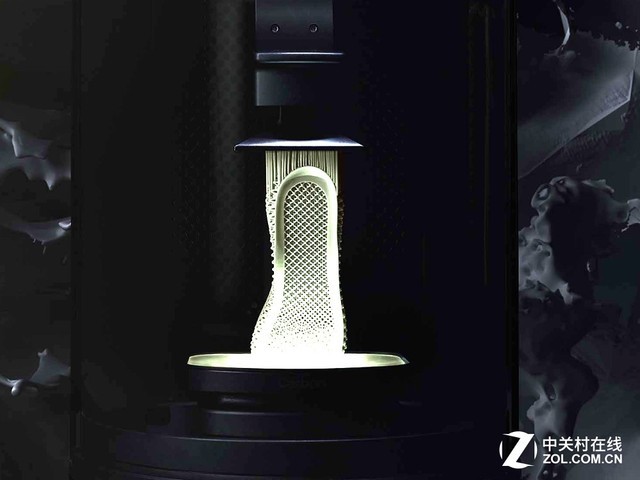Carbon Graphics, a 3D printing company, recently explained the CLIP3D printing variable lattice structure. Simply input the parameters such as load, size and usage in the software, the system will automatically generate the corresponding 3D lattice structure, and then quickly use 3D printing. For buffering or supporting purposes. This program is expected to replace the main role of the current foam. Friends who are concerned about the 3D printing industry should know that Carbon has cooperated with Adidas to develop a limited-edition Futurecraft 4D running shoe. The running shoe midsole uses the carbon crystal structure of Carbon3D printing. The lattice shape and density of the heel and forefoot are completely different, and the density of the lattice structure of the entire midsole is continuously variable, thereby providing sufficient cushioning force for the foot. CarbonCLIP3D printing technology is fast enough, and the lattice 3D printing solution is simple enough, and now the biggest reason that hinders its promotion is cost. The foams currently used for cushioning are poorly breathable, and the 3D printed crystal lattice has a complete advantage in this respect; in addition, the software flexibly adjusts the lattice structure and density according to the load of different parts, and also makes the buffer better. The effect is not too soft. Cycling helmets, car seats, shoe midsole, and sports equipment are all targeted applications for the Carbon3D print lattice solution. These seem to have some novel and individual small lattices, which may bring new experiences to our sports and travel in the future. (Editor) Hair Treatment DELIN HAIR COSMETICS , https://www.hairstylingwaxfactory.com
3D printing lattice structure and foam cushioning performance comparison 
Adidas Futurecraft4D limited edition running shoes 
Different density and structure of the midsole lattice 
Cycling helmets, car seats, shoe midsole, sports equipment are all potential applications for 3D printed crystal lattices